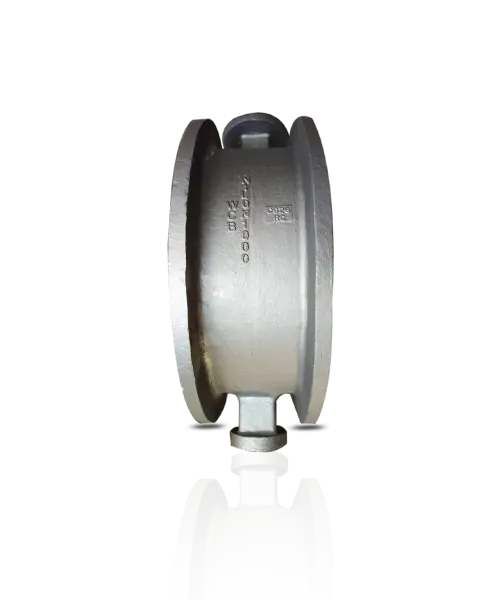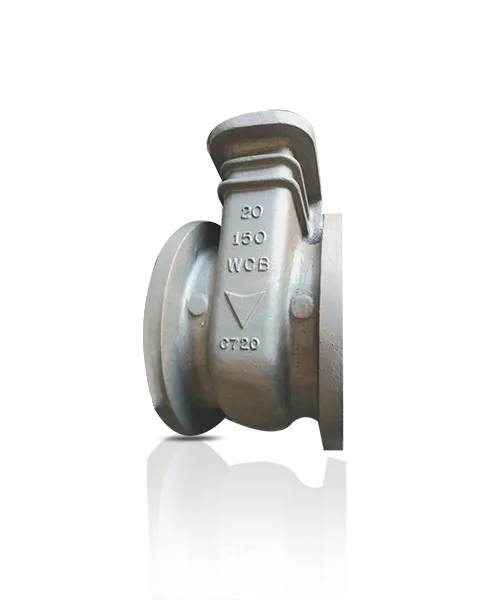We at Ramdev Castings are leaders for offering quality valve casting solutions for a variety of sectors, such as chemical processing, power
production, water treatment, and oil & gas.To create precise and long-lasting valve components, our manufacturing process makes use of sophisticated casting techniques like investment casting and sand casting.
We provide a range of valve types, such as globe, ball, and gate valves, that are tailored to each application's unique requirements. Our valves are made from high-quality materials including ductile iron, bronze, and stainless steel, guaranteeing enduring performance even under the most stressful environments.
For durable valve casting goods that satisfy global standards, Ramdev Castings is your go-to partner because of its dedication to excellence and customer happiness.












